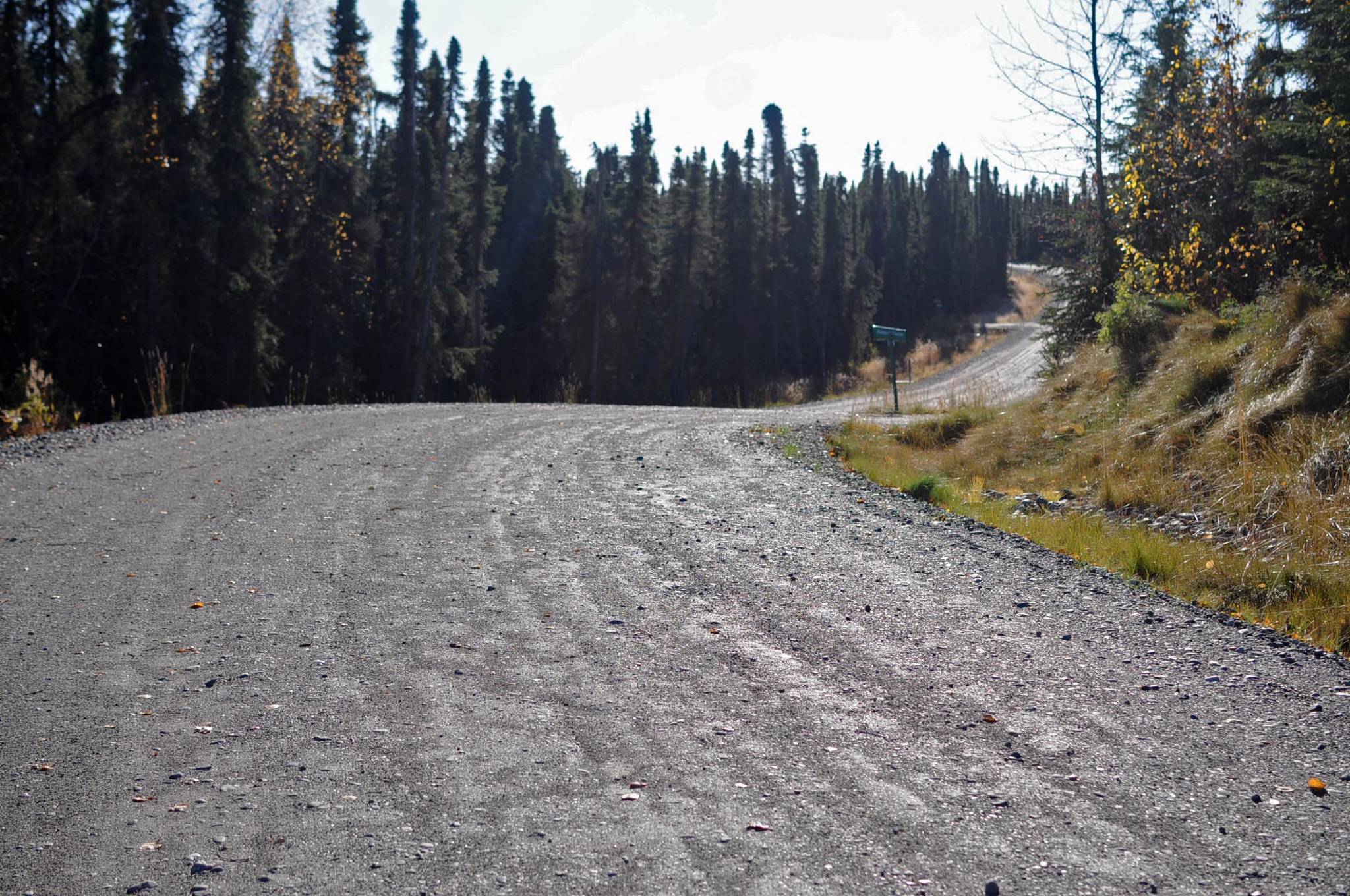The Kenai Peninsula Borough’s working group on gravel pits wanted public comment, and on Thursday night, they got it.
Property owners and gravel pit operators packed the Kenai Peninsula Borough Assembly chambers and jostled for a chance to talk about gravel pits on the peninsula. The borough’s Material Site Working Group, which has been meeting since February to examine and propose revisions to the code regulating material extraction sites, did not conduct any business, simply listening to public comment for two hours.
Gravel pits are a heated topic for many property owners. There are no zoning codes in the borough outside the cities, so gravel pit owners can develop a pit virtually anywhere they own land, pending approval by the Kenai Peninsula Borough Planning Commission after they meet the standards for a conditional use permit. That often results in a storm of property owners testifying at the Planning Commission’s meetings after they hear about a gravel pit proposed near their homes, but if the operator has met the conditions for a permit, the Planning Commission has to approve it whether or not neighbors object.
Many of those neighbors took Thursday night as a chance to voice their unhappiness with the current rules. Carl Roberson of the Soldotna area said he wanted gravel pit operators to find bigger lots away from residential areas to operate, in part because of the dust impacting residents’ health and because of property values.
“They can’t tell me it doesn’t lower the value of my home,” he said. “The borough can say it doesn’t. Talk to a realtor.”
Noise was another major complaint from neighbors. Kelly Boonstra of Ninilchik asked the working group to set a hard cap on decibel levels and hours of operation for rock crushers particularly. Rock crushers, which break up larger rocks into usable gravel, can be very loud — enough to make nearby property owners have to shout to have a conversation during the day, Boonstra said.
“With a gravel pit about a quarter of a mile away, the noise from the rock crusher is unbearable,” she said. “The only thing right now a gravel pit is required to do is minimize noise disturbance to other properties. This just does not keep the adjacent or nearby property owners in mind. Keeping noise to a minimum is going to mean something completely different to a gravel pit owner versus a property owner.”
Reclamation and unpermitted pits also came up. The Planning Department regulates and permits about 80 of the approximately 350 known gravel pits in the borough — the rest are known as prior existing uses, which were grandfathered in when the borough passed its last set of regulations on material sites in 2006. Several property owners said they would like to see any new regulations extend to the prior existing sites and to sites that are not active but unreclaimed, where an operator has left some material but has not mined it. Under current state regulations, the operator is not required to reclaim the area until all usable material has been exhausted.
Gravel pit operators contended that further restrictions would increase the cost of gravel and make it harder to get road projects finished. Many gravel pits supply state road projects or home building, and with a short construction season, many need to work long hours to meet their contract requirements. They’re also limited on space — some lands aren’t suitable for gravel operation, such as wetlands, and much of Alaska is federal land, which doesn’t generally allow mining.
Ninilchik Native Association, Inc. CEO Loren Prosser said at the meeting that the corporation, which operates several gravel pits and owns large tracts of land on the peninsula and on the west side of Cook Inlet, would like to have been included in the Material Site Working Group and asked that the regulations be crafted to apply equally to all working sites.
The group should consider impacts on pit operators, who are trying to provide a product people need.
“I think what you’re really faced with is balancing responsible development here,” he said. “…The reality is there’s good gravel pit owners and bad gravel pit owners just like they’re good private property owners and bad private property owners.”
Scott Davis, the owner of Davis Block, asked that everyone be considerate of both sides of the debate as they crafted regulations.
“There is room for improvement in every part of this process,” he said. “But I would encourage all parties o step into the other people’s shoes … I think the borough has within their guidelines, done a very good job to control what they can. At this point, if there’s further ordinance that need to be passed, it needs to be done with consideration of people who have made a huge investment in their pits and their properties and buildings and crushers.”
Not all property owners at the meeting had issues with gravel pits, and several suggested compromises, such as allowing sites to stockpile gravel so the operators don’t have to work so quickly in the season to meet a contract or placing the rock crusher below ground level and berming the ground around it to lower the noise level. Material Site Working Group chairman Robert Ruffner refereed the meeting, cutting off heated exchanges that welled up in the crowd and asking people to submit comments in writing for the committee’s consideration when they ran out of time.
The group held another public hearing in Anchor Point on Saturday and will meet again for its regular discussions, which do not include public comment, on April 11 at 2 p.m. at the assembly chambers in Soldotna. The group intends to draft recommendations to present to the Planning Commission by June.
Reach Elizabeth Earl at eearl@peninsulaclarion.com.

